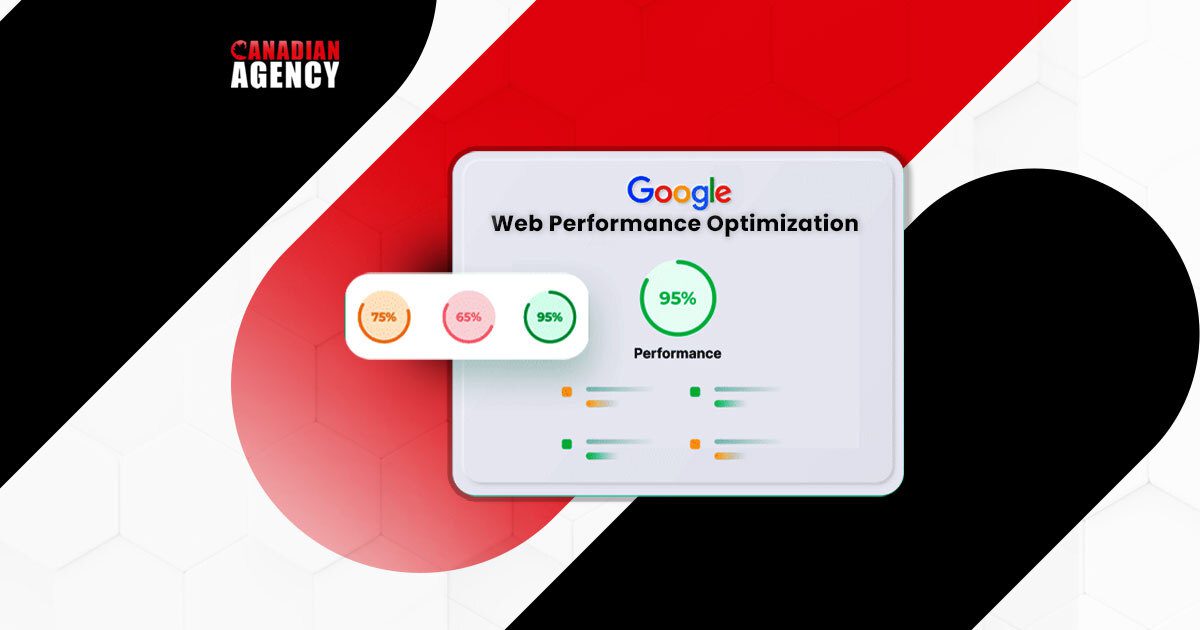SEO Gush
Insights and updates on the ever-evolving world of SEO.
Speed Demons: Turbocharge Your Website Performance
Rev up your online presence! Discover essential tips to turbocharge your website performance and leave competitors in the dust.
5 Essential Tips to Optimize Your Website Speed
Website speed is crucial for improving user experience and enhancing your SEO ranking. Here are 5 essential tips to help you optimize your website speed effectively:
- Optimize Images: Large image files can significantly slow down your site. Use image compression tools to reduce file sizes without sacrificing quality.
- Minimize HTTP Requests: Every element on your webpage, from images to scripts, creates an HTTP request. Minimize these requests by simplifying your design and using CSS for styling instead of images.
Continuing with our 5 essential tips, consider the following:
- Enable Browser Caching: By allowing browsers to store certain files locally, you can decrease loading times for repeat visitors.
- Use a Content Delivery Network (CDN): A CDN distributes your content across various servers worldwide, ensuring faster access for users regardless of their location.
- Optimize CSS and JavaScript: Minimize and combine your CSS and JavaScript files to reduce file size and the number of requests made to the server.

How to Measure Your Website's Performance: Tools and Techniques
Measuring your website's performance is crucial for ensuring a seamless user experience and optimizing for search engines. There are several tools you can use to gauge various aspects of your site's performance. For instance, tools like Google PageSpeed Insights evaluate your site's loading speed and provide actionable recommendations. Additionally, GTmetrix offers detailed performance reports, including loading times and potential areas for improvement. Regularly using these tools will help you stay ahead in the competitive digital landscape.
Along with tools, there are techniques that you can employ to measure your website's performance effectively. One of the most effective methods is to track key performance indicators (KPIs), such as page load times, bounce rates, and user engagement metrics. Implementing Google Analytics can provide valuable insights into how visitors interact with your site. Moreover, conducting A/B testing allows you to understand the impact of different design choices or content on user behavior, ultimately guiding you to enhance performance continuously.
Common Mistakes That Slow Down Your Website and How to Fix Them
Running a website requires constant attention to detail, and one of the most critical aspects is ensuring that your site loads quickly. Common mistakes that slow down your website can range from oversized images to excessive plugins. For example, large image files can significantly increase load times, leading to a poor user experience and potentially higher bounce rates. To fix this, consider using image compression tools or opting for modern formats like WebP that maintain quality without the bulk.
Another mistake that can hinder your website's performance is inefficient coding, which may include excessive use of scripts or poorly optimized CSS. These issues can lead to longer processing times and a sluggish browsing experience. To address this, start by regularly auditing your code and removing any unnecessary scripts. Additionally, consider implementing caching solutions and a content delivery network (CDN) to deliver content more efficiently to users, thereby improving site speed.